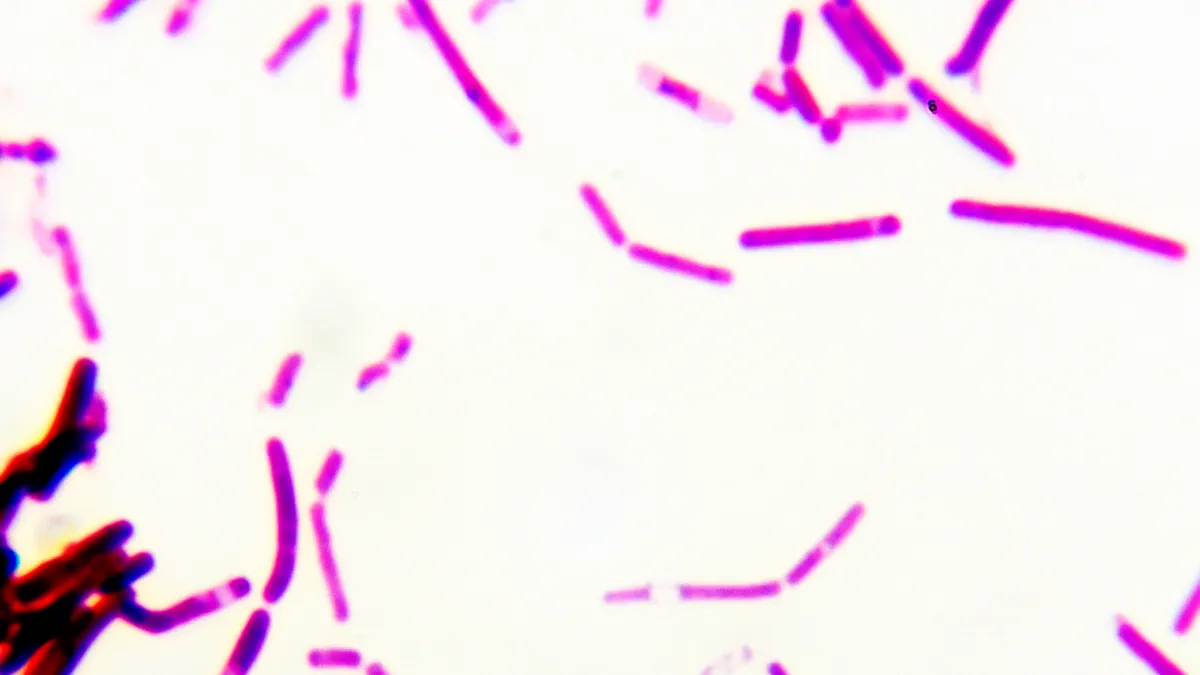Dive Brief:
-
Karius has presented early clinical data on its test for identifying pathogens that infect the heart and cause infective endocarditis.
-
The NGS test for microbial cell-free DNA identified the same pathogens as the established blood culture assessment in 95% of patients.
-
Karius' test also identified a bacterium in one of the three patients whose blood remained sterile when cultured.
Dive Insight:
Blood culture-negative endocarditis poses a problem for healthcare facilities. If the culture intended to identify the pathogen comes back negative, physicians may order more tests, delay treatment or extend use of broad-spectrum antibiotics. The end result is that patients may wait longer to receive effective care.
Karius thinks its test may be a solution to this problem and has started generating clinical data to test its hypothesis. The latest results come from 30 adults who were hospitalized with acute infective endocarditis. Blood and plasma samples taken from the patients were shipped to Karius for testing.
Of the 24 patients who were confirmed to have infective endocarditis, 21 provided samples that were successfully cultured. Karius' test identified the same pathogens in 20 of these culture-positive patients, giving its test a sensitivity of 95%.
The unmet need in infective endocarditis relates to culture-negative patients, though. When applied to samples from the three culture-negative subjects in the trial, Karius’ test identified a bacterium once. The bacterium was Enterococcus faecalis, a gram-positive microorganism that is hard to kill and accounts for a growing proportion of cases of infective endocarditis.
Given the potential for E. faecalis to cause harm, the identification of the pathogen could have been important for the patient in question. However, with just three culture-negative patients in the trial, the sample size is too small to draw definitive conclusions about the effectiveness of Karius' test.
Karius may need more data to comprehensively show that its test is better than the alternatives. While Karius is betting that DNA sequencing is the future of pathogen identification, hospitals are using real-time PCR to increase the sensitivity of their testing regimes and thereby reduce the rate of negative results.











